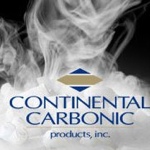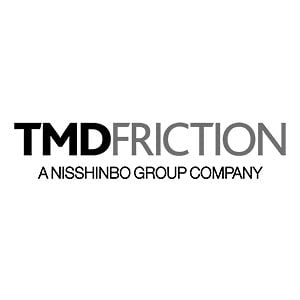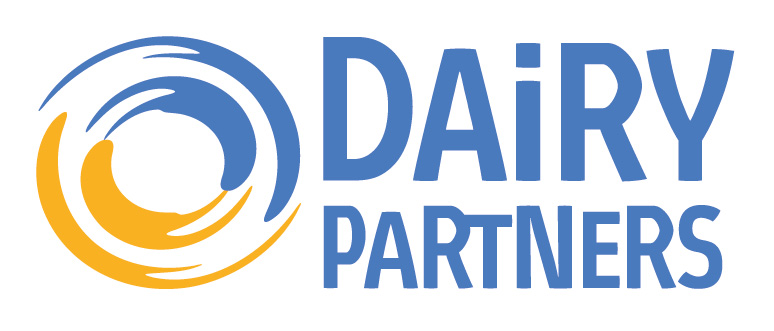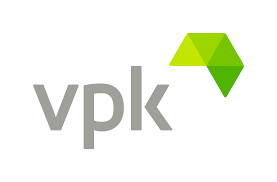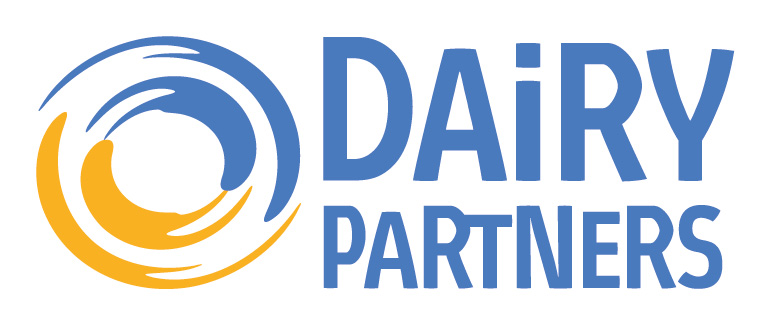Information
-
Audit Title
-
Document No.
-
Client / Site
-
Conducted on
-
Prepared by
-
Location
-
Personnel
-
Aisles and passageways to designated exit doors shall be kept clear, with no obstruction across or in aisles that would prevent or impede egress. If due to construction, it becomes necessary to block/obstruct an exit way, you must notify facility management prior to doing so.
Welding and Cutting
-
Welding/cutting equipment shall be in good condition, and employees designated to operate welding equipment shall be suitably trained in the safe operation and the safe use of the process.
-
Prior to welding, the area shall be inspected by the person authorizing the welding.
-
Where it is not feasible to perform welding/cutting in the Maintenance Shop, a "Hot Work" permit must be completed. This hot work permit system must meet or exceed requirements of Facility Hot Work Permit System. In these instances, a fire watch shall be maintained for the duration of the welding/cutting and at least one half hour after the completion of the welding/cutting.
-
When necessary, proper shielding must be utilized to prevent employee exposure.
-
Suitable fire extinguishing equipment shall be maintained in a state of readiness for instant use.
-
Valves on compressed gas cylinders shall be shut off at the conclusion of the task.
-
Extra compressed gas cylinders shall be secured by chain, or other effective means to prevent accidental toppling, with their protection caps in place. Extra cylinders shall be kept away from excessive heat, and shall be stored at a minimum distance of 20 ft. from combustible materials.
Flammable Liquids
-
Flammable liquids incidental to a particular task must be kept in an approved safety container, and ONLY in quantities that are needed.
-
Containers must be labeled for contents.
Hearing Protection
-
If working in an area that has been designated as a hearing protection required area, hearing protection must be worn. The hearing protectors will be provided by the Maintenance Manager.
Electrical Wiring/Safety
-
Temporary wiring shall not contain open splices. All splices shall be insulated and protected from accidental contact with materials which could be energized through such contact.
-
Any temporary wiring should be routed overhead in such a manner that it cannot be accidentally damaged.
-
All temporary wiring shall be taken out of service and removed when the work is completed.
-
All temporary wiring shall be disconnected from the power source at the end of the work shift.
-
Safe Electrical Work Practices that conform to the OSHA standards shall be utilized when servicing or performing maintenance on electrical equipment or live electrical parts.
-
Only "qualified" persons are permitted to perform any work on or near live parts of electrical circuits.
Lockout/Tagout
-
A lockout/tagout procedure that conforms with the OSHA standard for the control of hazardous energy shall be utilized when servicing or performing maintenance on machines or electrical equipment in which the unexpected energization, release of stored energy, or start up could cause injury or electrocution.
-
The Contractor will be responsible for notifying the Maintenance Manager when any lockout/tagout requires placement, removal, or change.
-
The Maintenance Manager will inform you of any lockout/tagouts performed by an employee that may affect a contracted employee.
Confined Space Entry
-
Any work that is to be performed in a permit-required confined space shall be done so in accordance with OSHA's confined space entry standard.
-
Prior to entering any confined space, the refrigeration manager must be contacted regarding the confined space and tasks to be performed.
-
The Maintenance Manager must be informed of the permit program that will be followed and of any hazards encountered while inside the confined space.
-
When welding/cutting in a permit required confined space, both a "Hot Work" permit and confined space permit is required.
Hazcom
-
A list of all hazardous chemicals and the manufacturer used in this facility is maintained and updated by the refrigeration manager.
-
Material Safety Data Sheets (MSDS) provide specific information on the hazardous chemicals used at the facility.
-
The refrigeration manager will inform you of any special precautionary measures that need to be taken when working around the listed chemicals.
-
Prior to beginning work, you must notify the refrigeration manager of any hazardous chemicals that are going to be brought into the plant and supply the material safety data sheets.
Process Safety Management
-
Does the contractor know anhydrous ammonia is utilized as a refrigerant at this facility?
-
Entry into the Refrigeration Mechanical Room is strictly prohibited without prior authorization from the refrigeration manager.
Evacuation
-
Does the contract employee know which evacuation gather area to go to? See the Emergency Evacuation / Relocation Procedures.
-
All contractors are required to sign in and sign out upon entering and leaving the premises.
Forklifts
-
Only trained and certified persons shall be permitted to operate powered industrial trucks and self-propelled elevated work platforms (e.g., forklifts and manlifts).
Fall Protection
-
Adequate fall protection that meets the requirements of OSHA's Fall Protection Standard for the construction industry shall be provided when performing any work, to include steel erection, on an unprotected/unguarded side or edge which is 6 ft. or more above a lower level.
-
Fall protection shall be in the form of a fall protection method (e.g., guardrails, warning lines on a roof); a fall arrest system (e.g., full-body harness, safety net); or a specific fall protection plan.
Injury Notification
-
The refrigeration manager or, in his/her absence, a plant maintenance supervisor or the plant safety supervisor shall be immediately notified if an accident occurs that results in an injury requiring treatment other than basic first aid or results in blood being spilled.
Food Safety
-
All plant rules regarding the wearing of hairnets, and the removal of rings, watches, and jewelry shall apply to all contractor employees.
-
Eating or drinking is permitted only in designated areas.
-
No food product containers of any kind shall be utilized for miscellaneous storage such as nuts, bolts, lubricants, etc.
-
The use of tobacco products, in any form, is prohibited within the facility.
Bloodborne Pathogens
-
Contractors must use Universal Precautions in order to prevent contact with blood or other potentially infectious bodily fluids. Using Universal Precautions means that all human blood and certain other body fluids are treated as if they were infected with bloodborne pathogens
-
Whenever possible, avoid contact with blood. Inform your supervisor immediately of any blood spills so proper clean-up measures can be taken.
